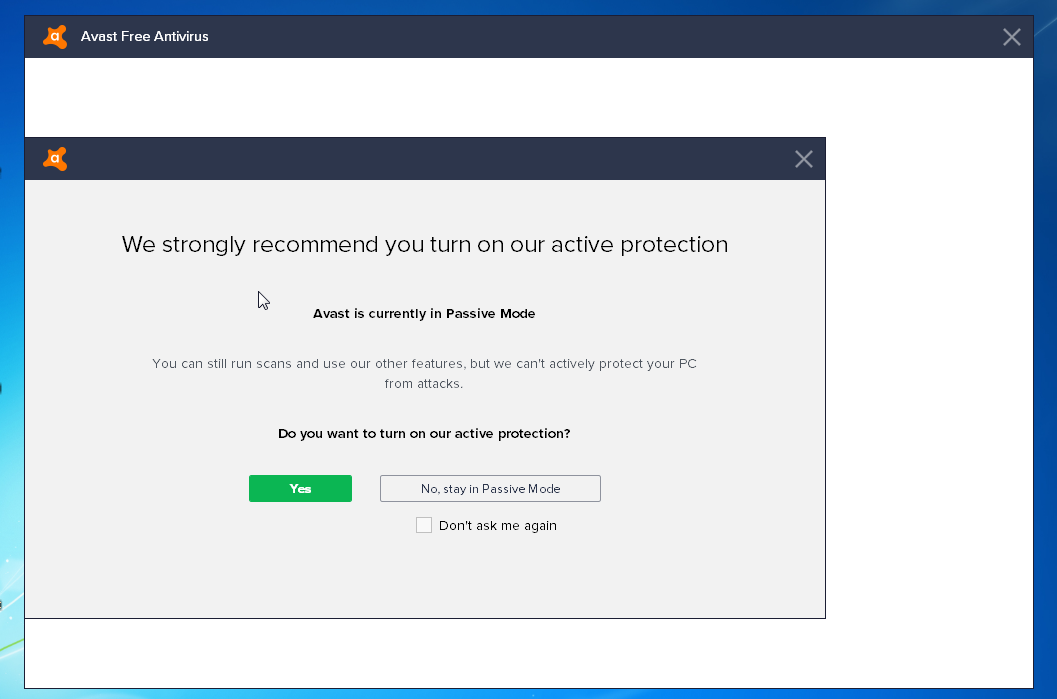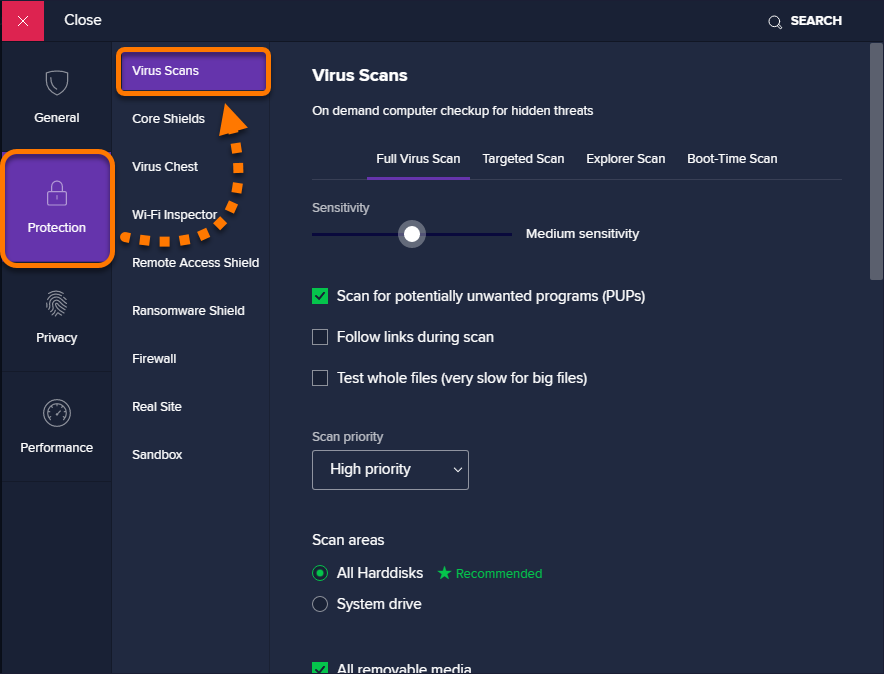


Where with avast!, you get a pretty good blend of update checks with regular actual updates. They release actual signatures like every 2 hours or so, but they check for them only every 24 hours. Signatures are released daily and more often if needed.Īvast! on the other hand checks for updates every 4 hours and on every connection to internet while signatures are relealsed daily, but can be released more often in case of any outbreaks.ĪVIRA Free is a good example of how useless one extreme can be. Most of ppl are mixing up update check intervals with actual signature releases.įor example, MSE checks for updates only every 24 hours and most of the time signatures are released in similar timeframe.ĪVIRA Free for example checks for updates every 24 hours, but releases signatures every few hours.ĪVG checks for updates every 24 hours and on established internet connection.

What's wrong with daily signature releases? They can release more if needed (i think 6 updates a day was the highest number). some operating system files, files signed by trusted publishers, or other files covered by the avast! whitelist. Verified clean files are files which are guaranteed not to contain any virus infection e.g.

This means it will not be lost after a system restart and it is also not affected by virus definition updates. If persistent caching is used and a file is verified as clean, this information will be stored in the permanent memory. This means that when the system is restarted the information will be lost, therefore the file will also be scanned again the next time it is accessed after a system restart. Also, information that the file is clean will only be stored in the computer's operating (temporary) memory. However, this is only valid until the next virus definitions update, as the file may contain an infection that was not previously detected but which may be detected based on the new virus definitions. If transient caching is used, a file that has been scanned, and in which no infection was detected, will not be scanned again the next time it is accessed.


 0 kommentar(er)
0 kommentar(er)
